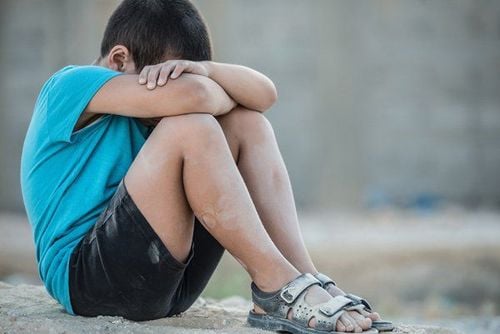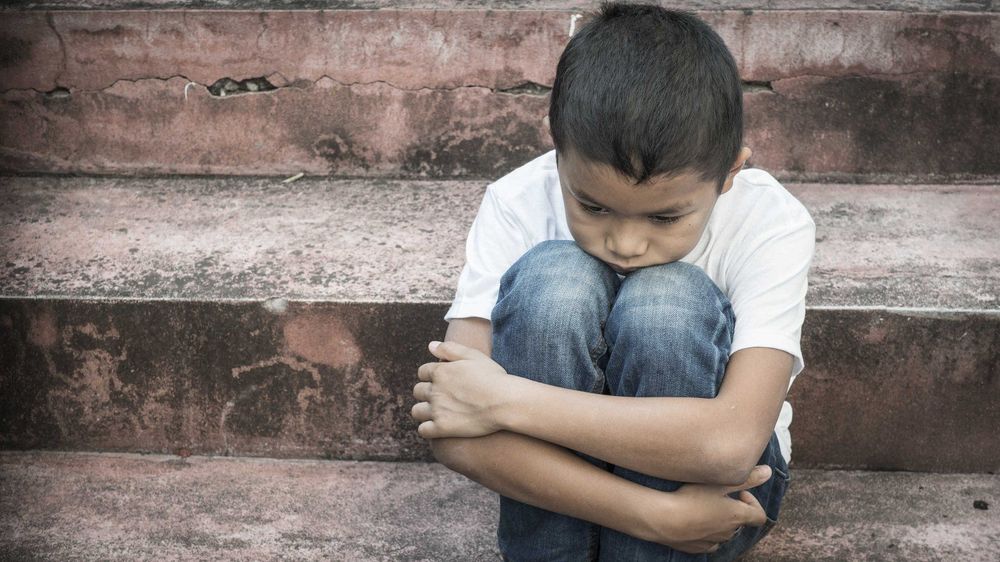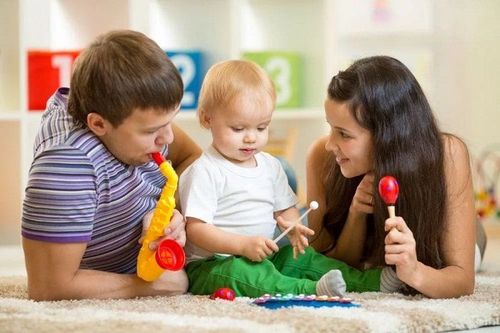This is an automatically translated article.
The article was written by Psychologist Unit of Regenerative Medicine Clinic and Educational Psychology
Newborns have more than 100 billion neurons; but only about 12-15% of these are linked at birth. The interaction between parent/caregiver and child ensures that thousands of new bonds are established every hour during the first year of life. A child's brain depends on the reception it receives from the world around (family and friends).
1. How does a child's brain develop?
If the trauma occurs during the process of the brain is gradually "forming", it can cause the brain not to develop at its best.
Brain development in the early years has a great influence on later development: Toxic stress during the childhood years can damage the structure of the brain and lead to many problems in learning and behaviour. It is also associated with physical and mental illness in later life.
The "elasticity" of the brain makes it easy to shape from a child's early experiences. The structures of the brain are formed before birth and continue into adulthood.
2. How can trauma affect children's brains?
Traumatic events depend on several factors: timing, intensity, duration and frequency of exposure, and level of care received by the child. According to Dr. Bruce Perry: “The brain controls our senses, our thoughts, our emotions and our actions. The surprisingly complex nervous system in the brain, which determines our personality later on, is formed from a very young age." Therefore, the connection of the neural network will shape the thinking, emotions and behavior of children and later.
When experiencing a traumatic event, prolonged alarm responses alter brain development; seriously affect the brain, nervous system and at the same time affect the biological system, the development of thinking, thinking, learning and language of the child. With children, when experiencing trauma from an early age, it will lead to continuous stress phenomena, causing high levels of stress hormones to be transmitted to the brain, causing the lower brain to work all the way to the upper brain, thereby appearing Challenging behavior related to lower brain function predisposes children to social, cognitive and emotional difficulties, behavioral problems, and self-regulation.

The following are behavioral signs of trauma:
Withdrawal from family and friends, disruptive/aggressive behavior; Blame others/conflicts; Eating too much or too little; Always wanting attention; Having problems with sleeping; Substance abuse (alcohol, narcotics, tobacco); Lack of concentration; Lack of interest in normal activities such as cleaning; Fear (fear of men, bathrooms, closed doors, darkness); Unsafe and risky behavior.
Children experiencing trauma often have difficulty managing their emotions, they try to cope with their memories and emotions through negative behaviors, and express their inner grief and loss through behaviors. external negativity.
3. How can trauma affect a child's overall development?
Not only does it affect psychological development, but trauma also affects children's overall development:
Experiences of violence have serious and lasting effects throughout a child's life. Children with a history of trauma is one of the strongest risk factors for substance abuse later in childhood and adulthood. Children experiencing physical and sexual abuse in childhood are strongly correlated with psychosocial problems in adulthood. Trauma accumulated in childhood can lead to a decline in physical health in adulthood.

Caring, protecting and nurturing children is a long process, so parents should be a companion to help children develop their physical and mental abilities well. If you notice that your child has unusual signs for his age or has difficulties in taking care of and teaching him or her, you can go to Vinmec International General Hospital to get help from doctors and nurses. Psychologists.
Please dial HOTLINE for more information or register for an appointment HERE. Download MyVinmec app to make appointments faster and to manage your bookings easily.













